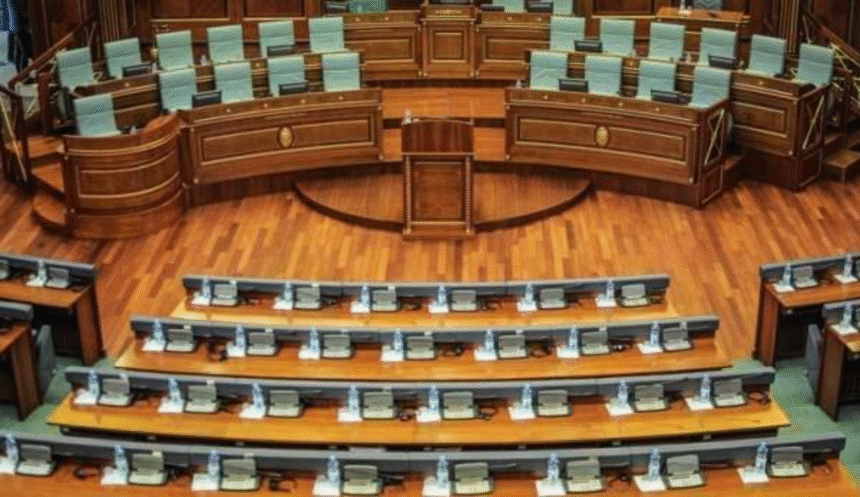The recently dissolved ninth legislature of Kosovo’s Parliament has cost the state budget around €2 million in salaries for MPs, their assistants, and phone allowances—despite producing no legislative output since its formation in April. Shockingly, MPs who are now out of office will continue to receive €2,000 per month for an entire year under transitional compensation rules.
According to parliamentary data, between 15 April and 31 October 2025, lawmakers’ salaries alone totaled €1,371,017, while an additional €571,130 went to political staff hired to assist MPs. All of this expenditure occurred without any concrete decisions or policy outcomes.
“The total salary expenditure for the ninth legislature’s MPs from April to October 2025 is €1,371,017.46. The total expenditure for supporting political staff is €571,130.78,” the parliamentary press office confirmed.
On top of salaries, MPs spent another €15,008 on mobile phone top-ups between May and November 2025.
Transitional Payouts Perpetuate Waste
Kosovo law grants former MPs a transitional allowance of €1,914 per month for 12 months after their mandate ends, unless they take up a pension or new employment. For the inactive ninth legislature, this means that each MP could receive over €23,000 annually without performing any duties.
Melos Kolshi, a researcher at the Kosovo Institute for Justice, condemned the legislature’s performance:
“Aside from the financial harm to the Republic’s budget, this legislature was useless in terms of fulfilling the constitutional responsibilities of MPs and political parties. Hopefully, such a scenario will never repeat itself.”
Indeed, since 15 April 2025, the ninth legislature held only one constitutive session, two votes for the government, and one extraordinary session, without passing any decisions.
The scandal underscores systemic flaws in Kosovo’s political institutions, where MPs can draw significant salaries and benefits without accountability or legislative productivity, raising serious questions about governance and the misuse of public funds.







